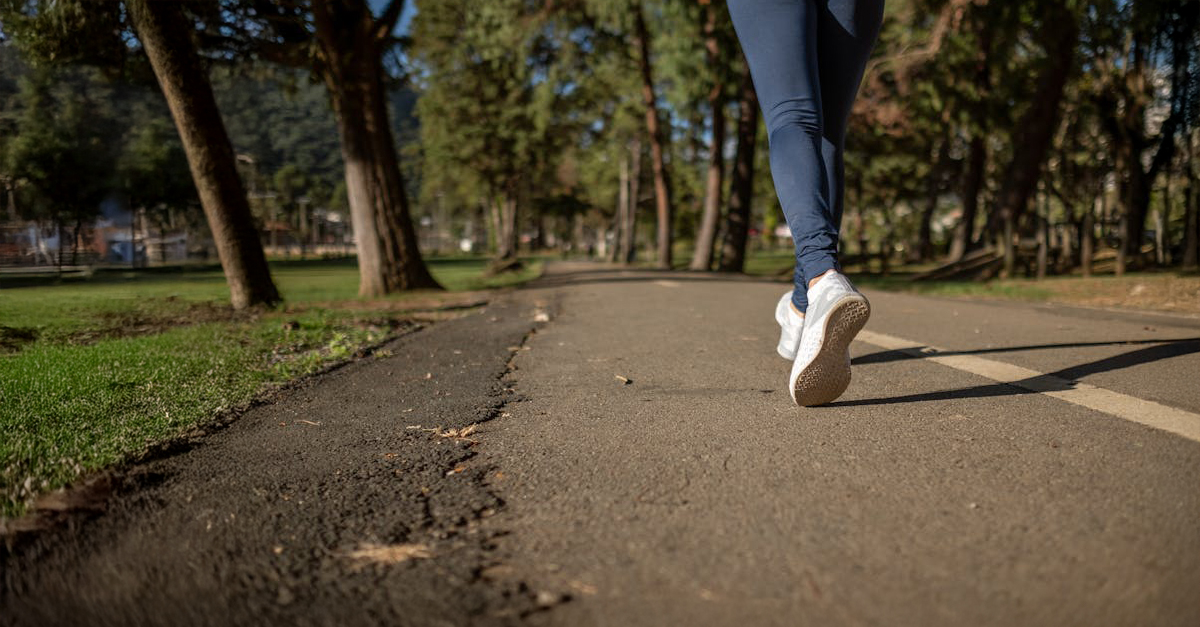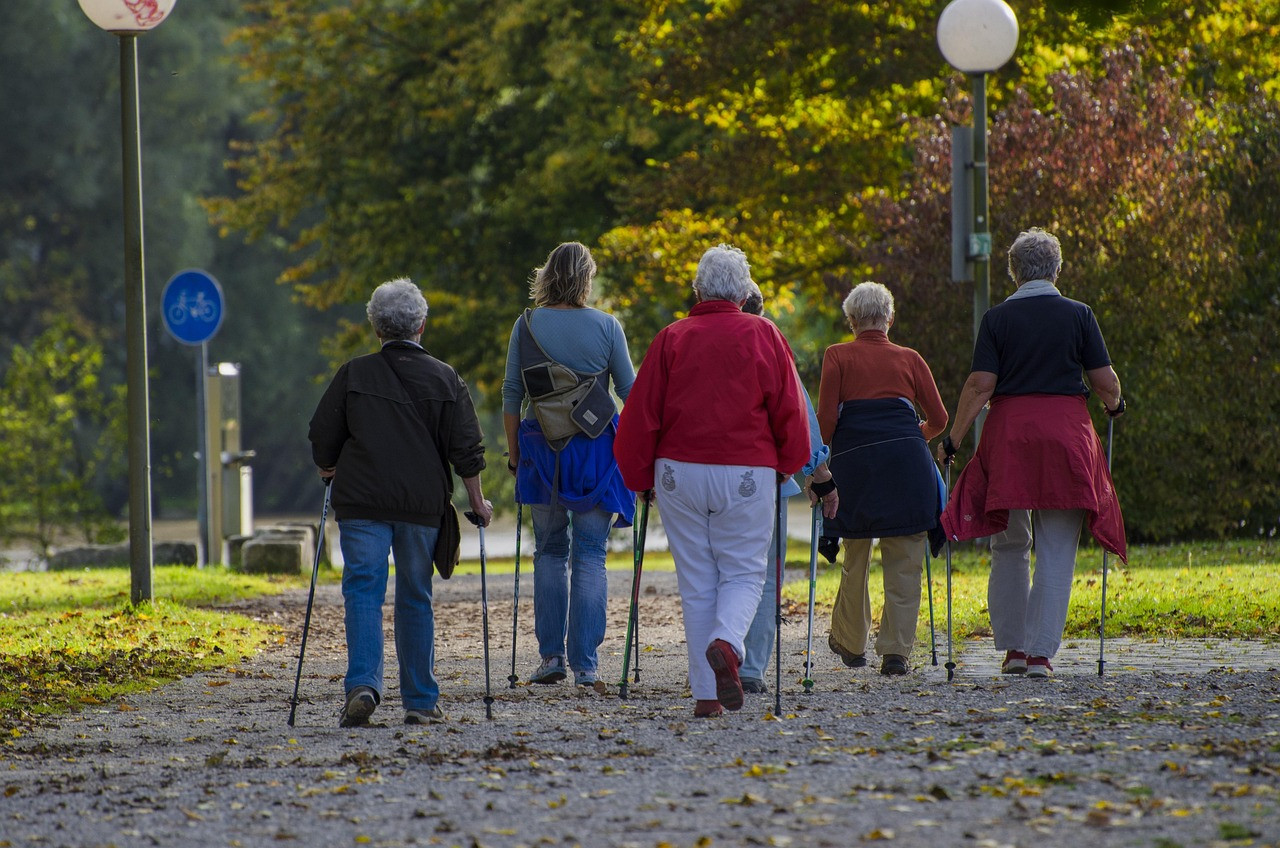Fitness routines rightly emphasize high-intensity workouts, but walking is often wrongly dismissed as too low-key or ineffective. Research consistently shows that walking offers great benefits for physical, mental, and emotional well-being. Whether it’s a stroll through the park or a brisk walk through your neighborhood, walking is an accessible and very effective way to improve your health; no training or equipment needed.
Low-Impact, Big Results
Walking is a weight-bearing, low-impact exercise that strengthens bones, tones muscles, and improves cardiovascular health without the stresses and strains of running or heavy lifting. It’s easy on the joints, so it’s ideal for people of all ages, including people rehabbing from injuries or coping with chronic conditions like arthritis.
Boost To Cardiovascular Health
Regular walking helps lower blood pressure, reduce LDL (“bad”) cholesterol, and increase HDL (“good”) cholesterol. The American Heart Association says that just 30 minutes of brisk walking five days a week lowers your risk of heart disease and stroke. It promotes circulation, strengthens the heart, and helps keep your blood sugar steady.
Keeps The Pounds Off
Obviously, it’s not as intense as a spin class or HIIT workout, but walking still burns calories and can give you a calorie deficit sufficient for weight loss. A 160-pound person burns about 314 calories over the course of a brisk one-hour walk. Time and consistent walking can combine to make a solid weight management regime without the physical demands of intense workouts.
Relaxes Your Mind
Walking is good for the body, and is a proven mood booster. Studies show that walking boosts endorphin levels and lowers stress hormones like cortisol. Regular walks in the fresh air are linked to reduced symptoms of depression and anxiety. Walking promotes mental clarity, encourages mindfulness, and can even be the seed for creativity.
Lowered Disease Risk
Daily walking is linked to a reduced risk of contracting type 2 diabetes, osteoporosis, some cancers, and even dementia. Research published in JAMA Neurology suggests that walking 10,000 steps per day greatly lowers the risk of cardiovascular events and cognitive decline in older people. It’s a preventive medicine on the move!
Promotes Longevity
Several studies have shown a link between walking and longer life expectancy. A study from the British Journal of Sports Medicine indicated that daily walking lowers the risk of premature death, especially when walking at a brisk pace. It’s a simple habit that could add years onto your lifespan.
Alone Or As A Group
Walking can be a solo activity or a group one. Walking groups build bonds with others, encourage a consistent routine, and can make you feel more accountable. Walking outside also gets you out in the environment, whether it’s a neighborhood, park, or nature trail.
No Equipment Or Gym Required
One of the best things about walking is its accessibility. You don’t need a membership, expensive gear, or to drive to and from the gym. All you need is a good pair of shoes and a safe route. You can walk in short bursts through your day or set aside a block of time for longer walks; it’s entirely up to you.
Small Steps Lead To Big Change
A lot of people dismiss walking as it doesn’t promise instant results. But the benefits are cumulative and highly sustainable. Long-term consistent walking can radically improve your health, one step at a time. It’s the easiest possible way to get moving more, and can be the gateway into other healthier habits.
You May Also Like:
10 Good Habits To Keep Your Mind Sharp











